
"He is really mean when he is mean, but he is not ungrateful; he is really cruel when it comes to coldness, but he is not heartless. Yongzheng The saying that there was no official in the world may be an exaggeration, but it is a fair evaluation of Yongzheng's governance. Yongzheng is undoubtedly He is a person of great personality and an outstanding figure. He is rich in emotion, strong-willed, resolute in character, sharp in vision, and hard-working." The famous cultural scholar Yi Zhongtian said of Yongzheng.

Yongzheng personally inscribed a plaque of diligence
After Yongzheng ascended the throne, he was diligent in government affairs and vigorously eliminated various long-standing abuses in the late Kangxi rule.
At the beginning of Yongzheng's accession to the throne, there was political chaos, official administration was ineffective, and corruption was prevalent. In order to stabilize the political situation and eliminate abuses, Yongzheng was determined to launch a large-scale deficit clearance campaign across the country. In the first year of Yongzheng (AD 1723), Yongzheng accepted the suggestion of Shanxi Governor Nuo Min, and implemented the system of returning waste to the public, establishing honest silver, and establishing a college examination office, etc., in order to limit and reduce corruption and corruption among officials. Excessive taxation and extortion.

Emperor Yongzheng
In the second year of Yongzheng (AD 1724), in view of the serious shortage of money and food in various places in the last years of Kangxi, he decided to conduct a strict investigation and immediately confiscate the homes of corrupt officials to recover their stolen goods; for civil arrears, he ordered levies to be levied year by year in a short period of time. After some iron-fisted rectification, the political situation of the Qing Dynasty was significantly improved in a short period of time, and corrupt officials were greatly restrained.
In order to maintain his imperial rule, Yongzheng first eliminated dissidents and divided and disintegrated the princes' groups: first, he recalled Yinqi from the northwest army and imprisoned him; second, Jin made Yunhu Prince Lian and the Minister of Prime Minister's Affairs; the third is to send Yunzhen to Xidatong, Qinghai (today's northwest of Xidatong, Qinghai).

html In the third year of the Han Dynasty, Gengyao was a member of the Xianghuang Banner of the Han Army. He was a Jinshi but had military talents. He made many meritorious deeds in suppressing rebellions in Sichuan and Tibet. In the last years of Kangxi, he was awarded the title of General Dingxi and concurrently served as the governor of Sichuan and Shaanxi. He devoted himself to , who was still Prince Yong at the time. Yinzhen . After Yinzhen ascended the throne, Nian Gengyao was favored and promoted many times. He was awarded the titles of governor of Sichuan and Shaanxi, Taibao, and general of Fuyuan, and was awarded the title of first-class Duke. Nian Gengyao began to take credit and be arrogant because his sister was Yongzheng's concubine. Yongzheng gradually felt the suffocating threat and finally made a murderous move. In February of the third year of Yongzheng's reign (AD 1724), the astronomical wonder of "the sun and the moon united, and five stars connected with beads " appeared, and all the officials came to congratulate him one after another. Nian Gengyao was also on the list, but his handwriting was illegible, and he changed the idiom "morning work and evening work" into "evening work and morning work". Yongzheng used this as an excuse to conclude that Nian Gengyao was taking advantage of the throne and had evil intentions. Those ministers who figured out Yongzheng's thoughts also took the opportunity to impeach Nian Gengyao, so Nian Gengyao was charged with ninety-two major crimes. Yongzheng still gave Nian Gengyao his final dignity and ordered him to commit suicide. His relatives and comrades were beheaded, exiled or demoted, and their situation was very miserable.
Nian Gengyao had been a party member for many years, so after Yong Zheng defeated Nian Gengyao, he began to track down Nian Gengyao's party members. Unfortunately, Wang Jingqi and Qian Mingshi are at odds.

年gengyao
Wang Jingqi is from Hangzhou, Zhejiang. In the early years of Yongzheng's reign, his friend Hu Qiheng served as the chief envoy of Shaanxi and was Nian Gengyao's confidant. Wang Jingqi went to visit him, took the opportunity to send a letter to pay homage to Nian Gengyao, and became Nian Gengyao's temporary guest. Wang Jingqi then dedicated two volumes of his painstaking work "Essays on the Western Expedition" to Nian Gengyao. After Nian Gengyao committed suicide, "Essays on the Western Expedition" was handed over to the palace. After Yongzheng read it, he wrote on the front page: "Paradox and madness, to this extreme! It's a pity to see this late, let's wait for another day, so that this kind of thing will not slip through the net." When Yongzheng was angry, he wrote a poem to ridicule the saint with Wang Jingqi. Emperor Zuren had Wang Jingqi beheaded and his head displayed to the public for the crime of "high treason and immorality". His wife and children were sent to Heilongjiang to be slaves to armored men (Manchurian sergeants). His brothers, uncles and nephews were exiled to Ningguta, and all those who were in official positions among his estranged relatives were dismissed. and put them under the control of the local magistrate of their place of origin.
Qian Mingshi was from Wujin, Jiangsu Province. He and Nian Gengyao were in the same year as the provincial examination, and they were quite close friends.In the second year of Yongzheng (AD 1724), Nian Gengyao put down the rebellion in Qinghai, and Qian Mingshi wrote eight poems as gifts, including "Divide Shaanxi Banners to Zhou Zhaobo, Cong Tiangu Jiao Han General", "Zhongding Mingle Mountains and Rivers Oath, Fan Zang" It is appropriate to publish the second monument" sentence. Qian Mingshi specially added an explanation after the second line of the poem: "The Duke (Nian Gengyao) mobilized troops to retrieve the Tibetan area, so he should set up a stele and attach it to the end of the late Emperor's 'Pingzang stele'". Qian Mingshi actually praised Nian Gengyao so much in his poems and even compared Nian Gengyao to Zhao Bo Ji Xi. Is this really remarkable?
The extremely angry Yongzheng used this to accuse Qian Mingshi of "exerting flattery and praising evil". He was dismissed from his post and investigated, and deported back to his place of origin. He also wrote the four words "Mingjiao Sinner" in the imperial edict, naming Qian Mingshi. The local official of the place of origin made a plaque and hung it in the hall of Qian's home. "Mingjiao sinner" means a person who destroys feudal rights and ethics.

Qian Mingshi
Yongzheng returned ordersChangzhouprefect and Wujinmagistrate went to Qian's house on the first and fifteenth day of every month to check the hanging status of the plaque. If it was not hung, it would be reported to the governor to report to the Ming Dynasty. When Qian Mingshi left Beijing, Yongzheng ordered all the scholars and officials below Jiuqing to write satirical poems as a "gift" for Qian Mingshi. A total of 385 people were ordered to write poems. After Yongzheng read it, he handed it over to Qian Mingshi and ordered it to be compiled into a collection titled "Poems of Mingjiao Sinners", which would be published and distributed throughout the country so that everyone in the world could know it. Moreover, all the editing and publishing costs of the book were borne by Qian Mingshi himself.
The "two great gifts" given by Yongzheng to Qian Mingshi are nothing more than spitting on his face, tearing his heart, and robbing him of his meaning. For scholars, this is more uncomfortable than ending their lives. Therefore, flattery cannot be overdone.

Longkoduo was the younger brother of Emperor Kangxi and Empress Xiaoyi, and the son of the first-class prince Tong Guowei. In the late years of Kangxi's reign, he became the commander of the infantry and the minister of the vassal academy. In the early years of Yongzheng's reign, he was promoted to a first-class Duke, granted the title of minister of the Ministry of Personnel, and was granted the title of Taibao. Longkoduo was also an important minister of Yongzheng, and Longkoduo played an indispensable role in passing down the imperial edict and enabling Yongzheng to ascend the throne. However, Longkoduo was arrogant and arrogant, monopolizing power and forming cliques, which threatened Yongzheng's imperial power. Longkodo also compared himself to Zhuge Liang and declared that "the day when Baidi City was appointed was the day of death" to show Kangxi's trust and respect for him.

Longkodo
However, Longkodo's domineering attitude has made Yongzheng increasingly dissatisfied. In October of the fifth year of Yongzheng (AD 1727), Longkodo was tried for the crime of secretly possessing jade documents (royal genealogy). The kings and ministers convened to impeach Longkodo for committing 41 major crimes and ordered him to be imprisoned forever. , the family property was recovered and the stolen money was recovered, and his second son was also punished. In 1728 AD, Long Keduo died in depression.

Cha Siting
Similarly, being regarded as Longkodo's henchman, Cha Siting could not escape bad luck.
Zha Siting was a native of Haining, Zhejiang. He was a Jinshi in the 45th year of Kangxi (AD 1706) and was elected to the Hanlin Academy. Later, he was awarded the title of scholar-bureaucrat in the cabinet by Longko Duobao. He was also appointed Zuo Shilang of the Ministry of Rites by Cai Wangtingbao, the imperial censor of Zuodu. . In the autumn of the fourth year of Yongzheng (AD 1726), Zha Siting was appointed as the chief examiner of the Jiangxi Provincial Examination. Zha Siting said: "A gentleman does not use words to promote people, and does not use people to waste words" (from "The Analects"); "Jie Ran Yong" There are also two "subtitles" as the theme: "The upright and the feelings of heaven and earth can be seen" in "The Book of Changes"; " Book of Songs " states, "When a hundred houses are in full bloom, a woman is content to live in peace."
Yongzheng used this as an excuse to say that Zha Siting did not respect the emperor as the "head of state" and was insulting to the emperor's power, so he "slandered the government and slandered the government." He was convicted on the grounds of "Your Majesty". Zha Siting was sentenced to death in Lingchi. When the case was concluded in May of the fifth year of Yongzheng (AD 1727), although Zha Siting died unjustly in prison, his body was still slaughtered. His sons over the age of sixteen were sentenced to beheading. His sons under the age of fifteen, as well as Zha Siting's second brother Zha Sici and his sons were all exiled for three thousand miles

In the fourth year of Yongzheng (1726 AD), Henan. Governor Tian Wenjing was impeached by Li Fu because he had secretly formed a clique with Huang Zhenguo and others in the same year as the imperial examination. Soon, Li Fu went to Beijing to state the corruption of Tian Wenjing and the injustice of Huang Zhenguo and others. In the winter of the same year, the Zhejiang Road Supervisor. Censor Xie Jishi Shangshen impeached Tian Wenjing for ten crimes. Yongzheng returned the memorial, but Xie Jishi insisted on it.Yongzheng was furious and dismissed Xie Jishi from his post and arrested him. He was tried by the Grand Scholars, Jiuqing, and Kedao Council and planned to be executed. Since the contents of Xie Jishi's impeachment and Li Fu's impeachment were exactly the same, and both were aggrieved by Huang Zhenguo, Huang Zhenguo was recommended by Cai Wangting, and Cai Wangting had a close relationship with Li Fu, Yongzheng concluded that they had formed a clique for personal gain, and Xie Jishi was sentenced to death and sent to Altai, Xinjiang, and Cai Wangting was demoted to Fengtianfu Yin, Li Fu was demoted to the Minister of Works, and soon they were all dismissed.

"Those who have been convicted of discussing history have been in jail since Lu Shengnan. Since then, not only current affairs have not been discussed, but also ancient scriptures have not been dared to be read. This is truly a literary prison in the past dynasties. Unheard of before." "Qingye Shi Daguan" commented on the Lu Shengnan case. Lu Shengnan died in vain, but Xie Jishi, the co-accused, was fortunately pardoned and saved a small life.
Lu Shengnan is the magistrate of Wu County and was introduced as the head of the Ministry of Industry. However, Yongzheng saw that he was arrogant and disrespectful, and the memorial he presented also included sentences such as "How are the four books of the Five Classics such as 'Huidi Ji' and 'Cong Niji' different from the Buddha and the Elder?" and felt that he was mocking himself. So Lu Shengnan was dismissed from his post and sent to Altai.
In May of the seventh year of Yongzheng (AD 1729), General Zhenwu and King Xibao of Shuncheng County stationed in Altai impeached Lu Shengnan for seventeen articles in "Tongjian Lun". Li, his words are even more outrageous, and they are clearly related to discussing current affairs." After Yongzheng received the memorial, he ordered the cabinet on the third day of July to refute the "wild and perverse" arguments in "Tongjian Lun" one by one. Later, Lu Shengnan, who "had committed a heinous crime and had no regrets," was put to death on the spot, and Jiuqing, Hanzhan, and Kedao were ordered to decide on the crime that Lu Shengnan should be punished for. Lu Shengnan was sentenced to death in the Altai army.

The occurrence of these cases made Emperor Yongzheng realize that not only did there exist serious requests and asylums among the Kejia scholars in the dynasty, but there were also people who had deep concerns about the dynasty's ruling policies and their own. dissatisfied. So in the name of fighting against the Kejia clique, a large-scale attack was launched against the Kejia scholars. Of course, when disasters exist, using some extraordinary means can indeed consolidate power and ease the political situation. Emperor Yongzheng still had great merits. While eliminating cliques, he also appointed many talented people in an eclectic way, such as Li Wei, Zhang Tingyu, Tian Wenjing, Ertai, etc. This also laid the foundation for the prosperous age of the Qianlong period. a solid foundation.
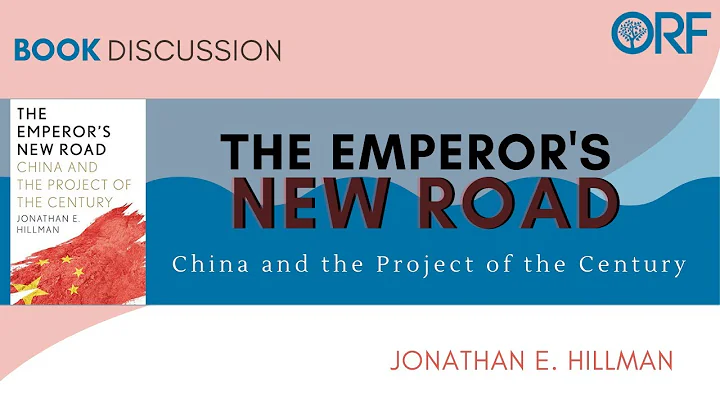

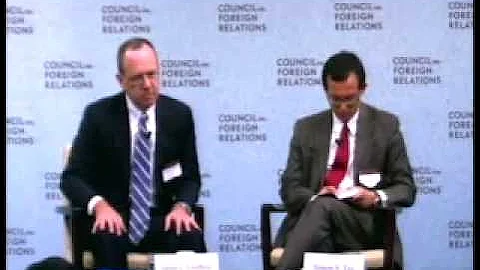

![[FULL] The Era of Emperor Yongzheng EP.01 | China Drama - DayDayNews](https://i.ytimg.com/vi/IcuKsStR0go/hq720.jpg?sqp=-oaymwEcCNAFEJQDSFXyq4qpAw4IARUAAIhCGAFwAcABBg==&rs=AOn4CLCKG_GHYELRYMyumRsJQaNymekOyg)
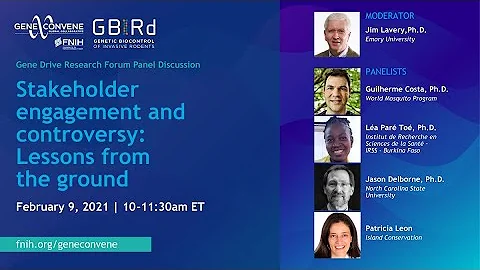




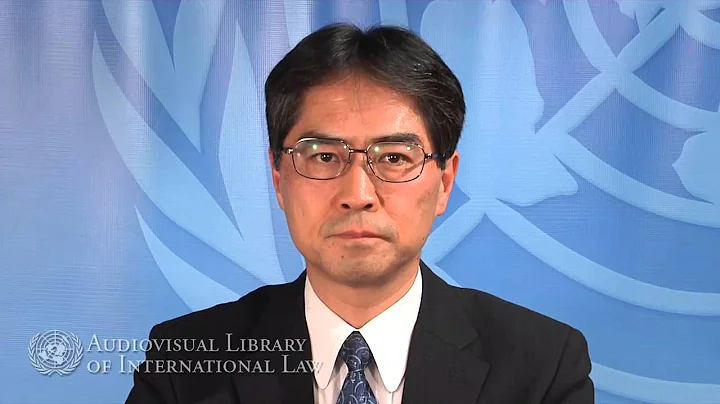

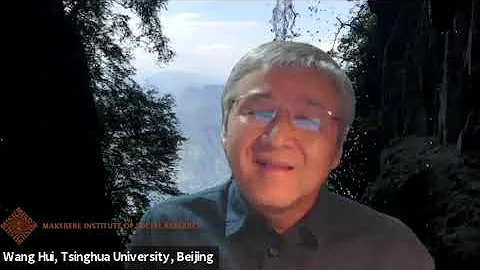




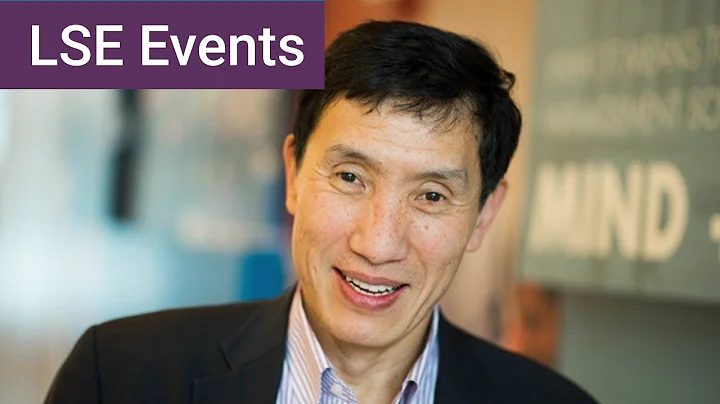
![[FULL] Professor Wang Gungwu: China's reforms - whose way is the best? - DayDayNews](https://i.ytimg.com/vi/9lyxv7NlY4w/hq720.jpg?sqp=-oaymwEcCNAFEJQDSFXyq4qpAw4IARUAAIhCGAFwAcABBg==&rs=AOn4CLBnO7Mxwb11SoPMAX5bBewt_bUhLA)


